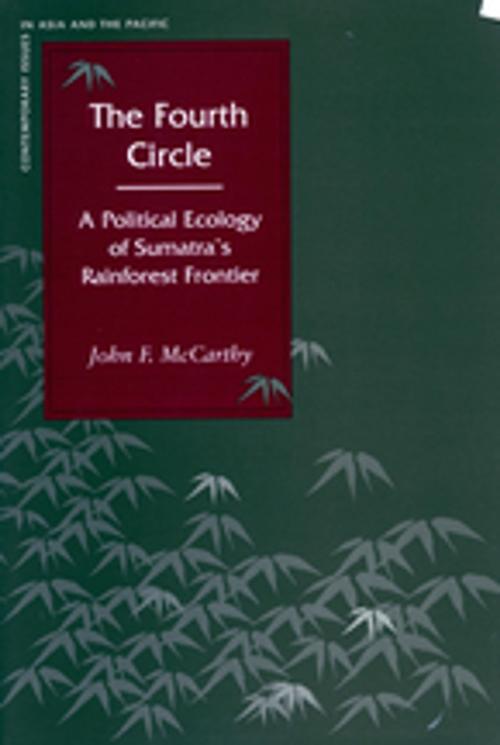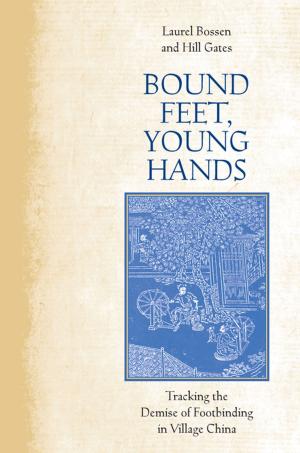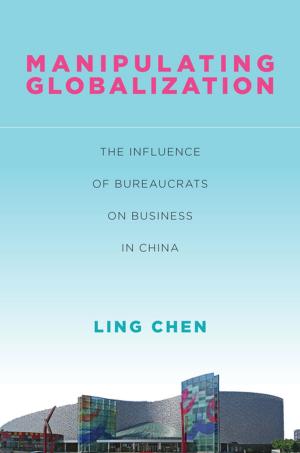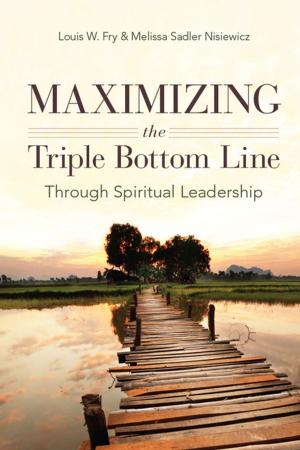In Good Company
An Anatomy of Corporate Social Responsibility
Nonfiction, Social & Cultural Studies, Social Science, Anthropology| Author: | Dinah Rajak | ISBN: | 9780804781619 |
| Publisher: | Stanford University Press | Publication: | November 9, 2011 |
| Imprint: | Stanford University Press | Language: | English |
| Author: | Dinah Rajak |
| ISBN: | 9780804781619 |
| Publisher: | Stanford University Press |
| Publication: | November 9, 2011 |
| Imprint: | Stanford University Press |
| Language: | English |
Under the banner of corporate social responsibility (CSR), corporations have become increasingly important players in international development. These days, CSR's union of economics and ethics is virtually unquestioned as an antidote to harsh neoliberal reforms and the delinquency of the state, but nothing is straightforward about this apparently win-win formula. Chronicling transnational mining corporation Anglo American's pursuit of CSR, In Good Company explores what lies behind the movement's marriage of moral imperative and market discipline. From the company's global headquarters to its mineshafts in South Africa, Rajak reveals how CSR enables the corporation to accumulate and exercise power. Interested in CSR's vision of social improvement, Rajak highlights the dependency that the practice generates. This close examination of Africa's largest private sector employer not only brings critical attention to the dangers of corporate dominance, but also provides a lens through which to reflect on the wider global CSR movement.
Under the banner of corporate social responsibility (CSR), corporations have become increasingly important players in international development. These days, CSR's union of economics and ethics is virtually unquestioned as an antidote to harsh neoliberal reforms and the delinquency of the state, but nothing is straightforward about this apparently win-win formula. Chronicling transnational mining corporation Anglo American's pursuit of CSR, In Good Company explores what lies behind the movement's marriage of moral imperative and market discipline. From the company's global headquarters to its mineshafts in South Africa, Rajak reveals how CSR enables the corporation to accumulate and exercise power. Interested in CSR's vision of social improvement, Rajak highlights the dependency that the practice generates. This close examination of Africa's largest private sector employer not only brings critical attention to the dangers of corporate dominance, but also provides a lens through which to reflect on the wider global CSR movement.















